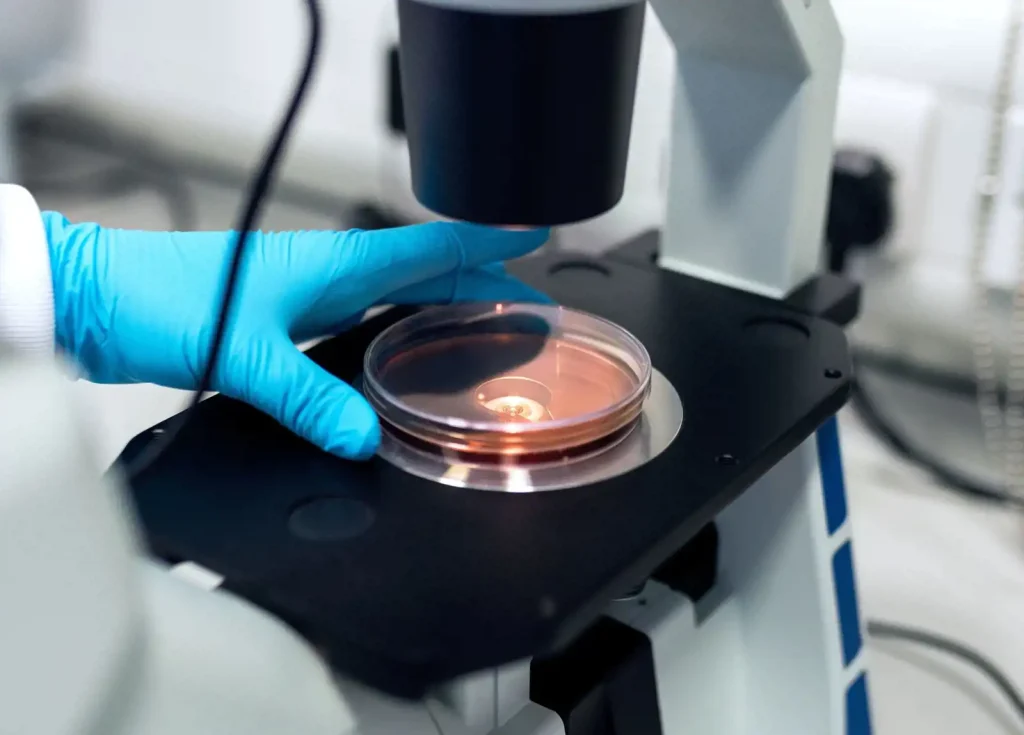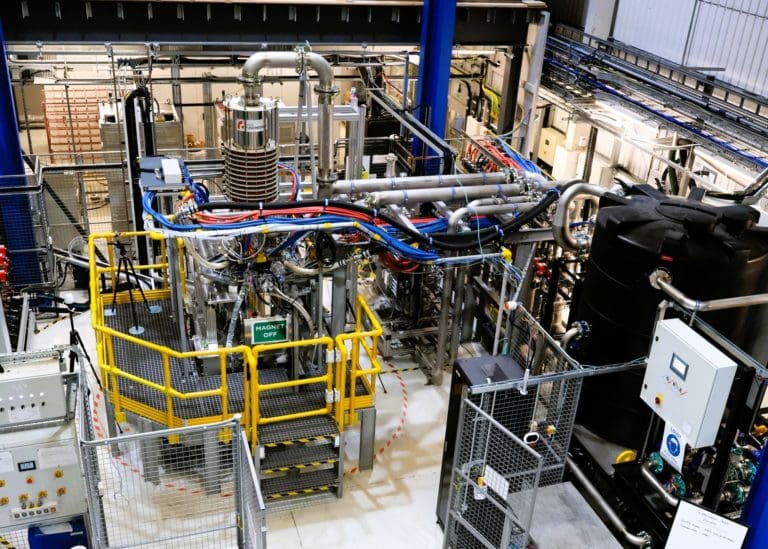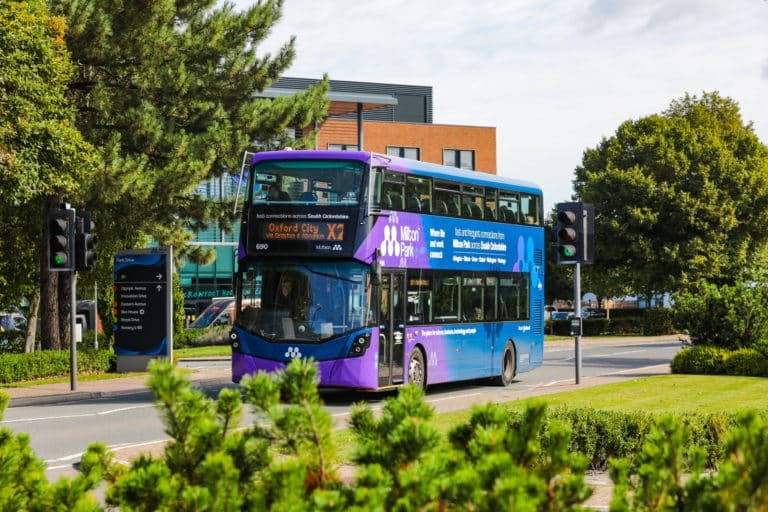9 October 2023
Innovate UK grant for Pathios Therapeutics’ cancer research collaboration
Back to results
Pathios Therapeutics, a biotech company based at Milton Park and focused on the development of first-in-class therapies for cancer, has been awarded a £567K grant from Innovate UK, the UK government’s innovation agency.
The grant funding will enable the company to expand its development of novel small molecule GPR65 inhibitors into the area of a possible treatment of malignant brain tumours.
The project is being conducted in collaboration with researchers from the University of Nottingham and is focused on optimizing small molecule GPR65 inhibitors to penetrate the central nervous system (CNS) and evaluate those optimized compounds in preclinical models of brain cancer.
The treatment of patients with malignant brain tumours remains a high unmet medical need. While chemotherapy has modestly improved survival rates among these patients, the need for truly impactful treatments remains. Immunotherapy has demonstrated some promise in this area, though overcoming the immunosuppressive tumour microenvironment (TME) remains a key challenge.
With this grant, Pathios is utilizing an extensively developed proprietary assay platform to optimize CNS penetration of small molecule GPR65 inhibitors for the treatment of human malignant gliomas. Optimized GPR65 inhibitors are being tested in a human ex vivo co-culture system model of human glioblastoma in collaboration with University of Nottingham researchers, followed by in vivo efficacy evaluation in mouse models.
Stuart Hughes PhD, CEO at Pathios Therapeutics, said: “We believe there is promise in applying our novel immuno-oncology approach to cancers of the brain with a CNS-penetrating small molecule GPR65 inhibitor. We are excited to be working alongside the talented team at the University of Nottingham on this important preclinical research, which we hope will pave the way for future clinical studies.”
Alan McIntyre, Associate Professor of Faculty of Medicine & Health Sciences at the University of Nottingham, added: “By working with Pathios we aim to support their preclinical development and expedite the progress of their inhibitors into the clinic.
“This is important as malignant brain tumours are difficult to treat. In addition, this approach offers a new avenue to overcome the therapy resistance caused by the acidic microenvironment, frequently found in malignant brain tumours.”
For more information, please visit: https://pathiostherapeutics.com/innovate-uk-grant/



